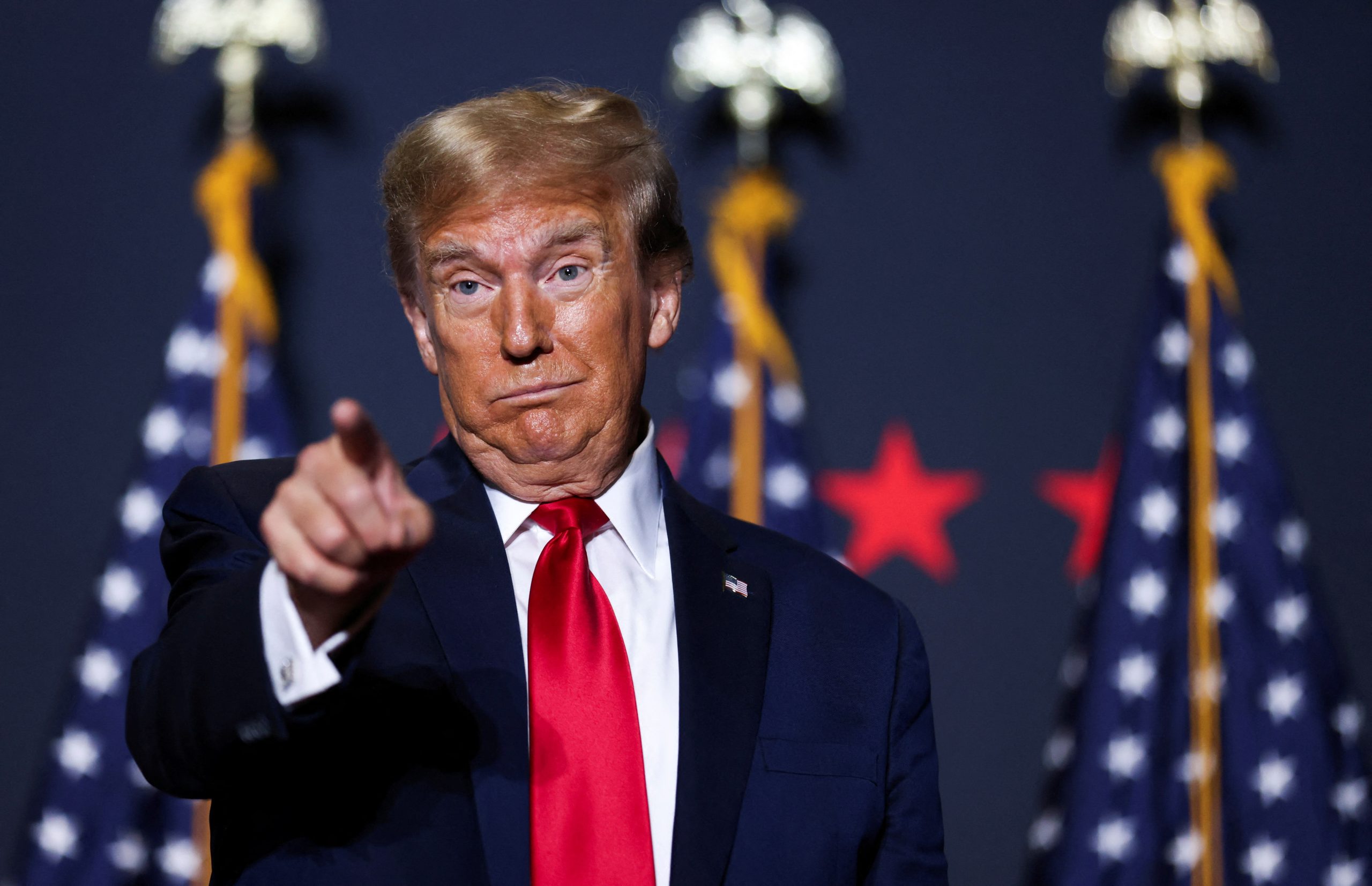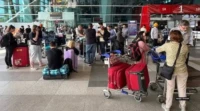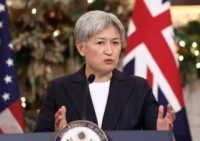In a significant setback to President Donald Trump’s immigration agenda, U.S. District Judge Fernando Rodriguez in Brownsville, Texas, issued a landmark ruling on Thursday, permanently blocking the administration from using the Alien Enemies Act of 1798 to deport Venezuelan migrants in the Southern District of Texas. The 36-page opinion marks the most comprehensive judicial rejection to date of Trump’s attempt to invoke the 18th-century wartime law to expedite deportations of alleged members of the Venezuelan gang Tren de Aragua, which the administration has designated a terrorist organization.
Judge Rodriguez, appointed by Trump during his first term, ruled that the administration’s mid-March proclamation exceeded the scope of the Alien Enemies Act. The law, historically used only during declared wars, allows the president to detain and deport noncitizens from hostile nations. However, Rodriguez found that Tren de Aragua’s activities in the U.S. did not constitute an “invasion” or “predatory incursion” as required to justify the law’s use. “The President’s invocation of the AEA through the Proclamation exceeds the scope of the statute and, as a result, is unlawful,” he wrote, emphasizing that the law was not intended for peacetime actions against criminal gangs.
The ruling stems from a broader wave of legal challenges to Trump’s proclamation, which led to the deportation of at least 137 Venezuelan men to El Salvador’s Terrorism Confinement Center on March 15, 2025, immediately after the law was invoked. Judges in states like Colorado and New York have issued temporary blocks, with a Colorado judge recently mandating a minimum 21-day period for migrants to contest their deportations. Rodriguez’s decision, however, is the first to outright invalidate the use of the Act, particularly for Venezuelans detained in his district, which includes the El Valle Detention Center in Raymondville, Texas.
Critics, including the American Civil Liberties Union, have argued that the administration’s reliance on flimsy evidence—such as tattoos or social media posts—to label migrants as gang members risks unjust deportations. Many deportees, including some who fled Venezuela’s Maduro regime, were denied due process, raising concerns about human rights abuses in El Salvador’s notorious prisons. The Supreme Court, in an April 7 ruling, clarified that migrants must have the opportunity to challenge their deportations through habeas corpus proceedings, further underscoring the need for judicial oversight.
White House spokesman Kush Desai defended the administration, asserting that Trump’s 2024 election victory granted him a mandate to “deport terrorist illegal aliens.” Desai expressed confidence in ultimately prevailing, stating, “The Trump administration is committed to unapologetically using every lever of power endowed to the executive branch by the Constitution and Congress.” Despite this, Rodriguez’s ruling highlights significant legal limits on the administration’s aggressive immigration crackdown, reinforcing that the Alien Enemies Act cannot be stretched to bypass due process in peacetime. As legal battles continue, the decision sets a critical precedent, protecting vulnerable migrants from summary deportations while intensifying tensions between the Trump administration and the federal judiciary.












Why does it always feel like were living in a real-life episode of a political drama? Whats next, aliens from outer space? 🛸👽
Wow, did you guys hear about that US Judge blocking Trumps use of the Alien Enemies Act for Venezuelan deportations? Crazy stuff happening in politics!
Do you think this judges decision will set a precedent for future immigration cases? Its definitely a hot topic!
Can you believe the audacity of Trump trying to use the Alien Enemies Act for Venezuelan deportations? Its a total abuse of power!
Wow, can you believe the judge blocked Trumps use of the Alien Enemies Act for Venezuelan deportations? What a twist!
Wow, can you believe the judge blocked Trumps use of the Alien Enemies Act? What are your thoughts on this decision?
Wow, can you believe the audacity of Trump trying to use that act for deportations? Glad the judge shut that down.
Wow, cant believe the judge blocked Trumps move. Do you think its fair or an overreach of power? Curious to hear your thoughts!
Wow, can you believe the judge blocked Trumps use of the Alien Enemies Act for Venezuelan deportations? What a twist!
Wow, can you believe the judge actually blocked Trump from using the Alien Enemies Act? Crazy times were living in!
So glad to see this judge standing up against Trumps unfair deportations. About time someone put a stop to this madness!
Wow, cant believe the judge blocked Trumps plan! Do you think its fair or should Venezuelans be deported? Lets discuss!
Wow, cant believe Trump tried to use the Alien Enemies Act for Venezuelan deportations. Whats next, aliens from outer space? 🛸
Wow, can you believe the judge blocked Trumps use of the Alien Enemies Act for Venezuelan deportations? What are your thoughts on this?
Wow, can you believe the judge blocked Trumps use of the Alien Enemies Act for Venezuelan deportations? Crazy times were living in!
Wow, can you believe the judge blocked Trumps use of the Alien Enemies Act? Crazy times were living in. What are your thoughts on this decision?
Wow, can you believe the judge blocked Trumps use of the Alien Enemies Act for Venezuelan deportations? What a plot twist!
I cant believe Trump tried to use the Alien Enemies Act for Venezuelan deportations. Whats next, aliens from outer space? Unbelievable.